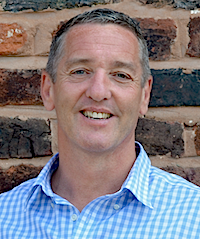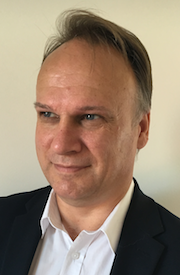CIOs who are wedded to their legacy investments are holding back businesses from realising the benefits of UC, claims Rod Tonna-Barthet, CEO of Annodata.
"One of the major barriers to adoption is that organisations feel they have to sweat their historic investment in legacy technology," he said.
"Undoubtedly, businesses should always aim to get the best performance from their existing estates and it may be tempting to hang on to old equipment for as long as possible.
"But this is a false economy. Legacy systems can be a drain on the IT department and maintaining these can be cumbersome and expensive, impairing an organisation's growth.
"CIOs are therefore faced with the daunting task of how and when to make the transition to cloud.
"Before a decision can be made, organisations must evaluate the efficiency of their legacy technology and they must know if the systems add value to the business or if it actually impairs the agility of the organisation.
"Fortunately, companies can look to the help of suppliers for appropriate guidance on this matter. By working with a trusted cloud provider who is already invested in the process, infrastructure and support network, companies can ensure that a simple yet essential process can be migrated to a future proofed and scalable platform and provided back as true managed service from start to finish and often within existing opex budgets."

 ITS Technology Group has secured a £2.4m cash boost having successfully completed a round of funding that included investments from new private shareholders and the conversion of some existing shareholder loans into equity.
ITS Technology Group has secured a £2.4m cash boost having successfully completed a round of funding that included investments from new private shareholders and the conversion of some existing shareholder loans into equity. SMS communications business Textlocal has ramped up its UK channel ambitions following the launch of a partner programme that enables comms resellers to put text messaging at the centre of their customers' communications strategy.
SMS communications business Textlocal has ramped up its UK channel ambitions following the launch of a partner programme that enables comms resellers to put text messaging at the centre of their customers' communications strategy. A year-long campaign conducted by Nimans' Head of Network Services Mark Curtis-Wood has helped to align the distributor's mobile offering with the evolving requirements of resellers – coming to fruition with the launch of an expanded mobile services proposition.
A year-long campaign conducted by Nimans' Head of Network Services Mark Curtis-Wood has helped to align the distributor's mobile offering with the evolving requirements of resellers – coming to fruition with the launch of an expanded mobile services proposition.